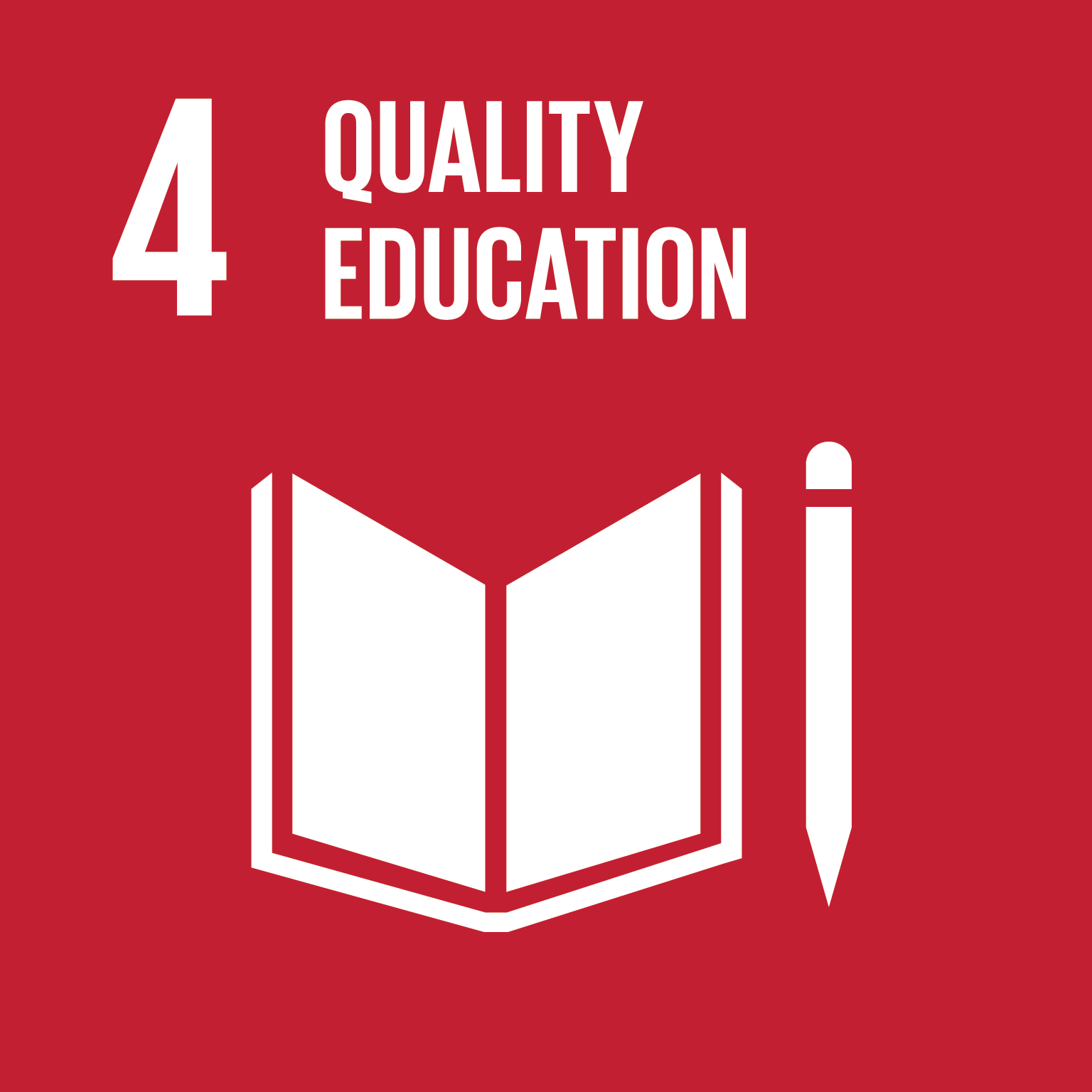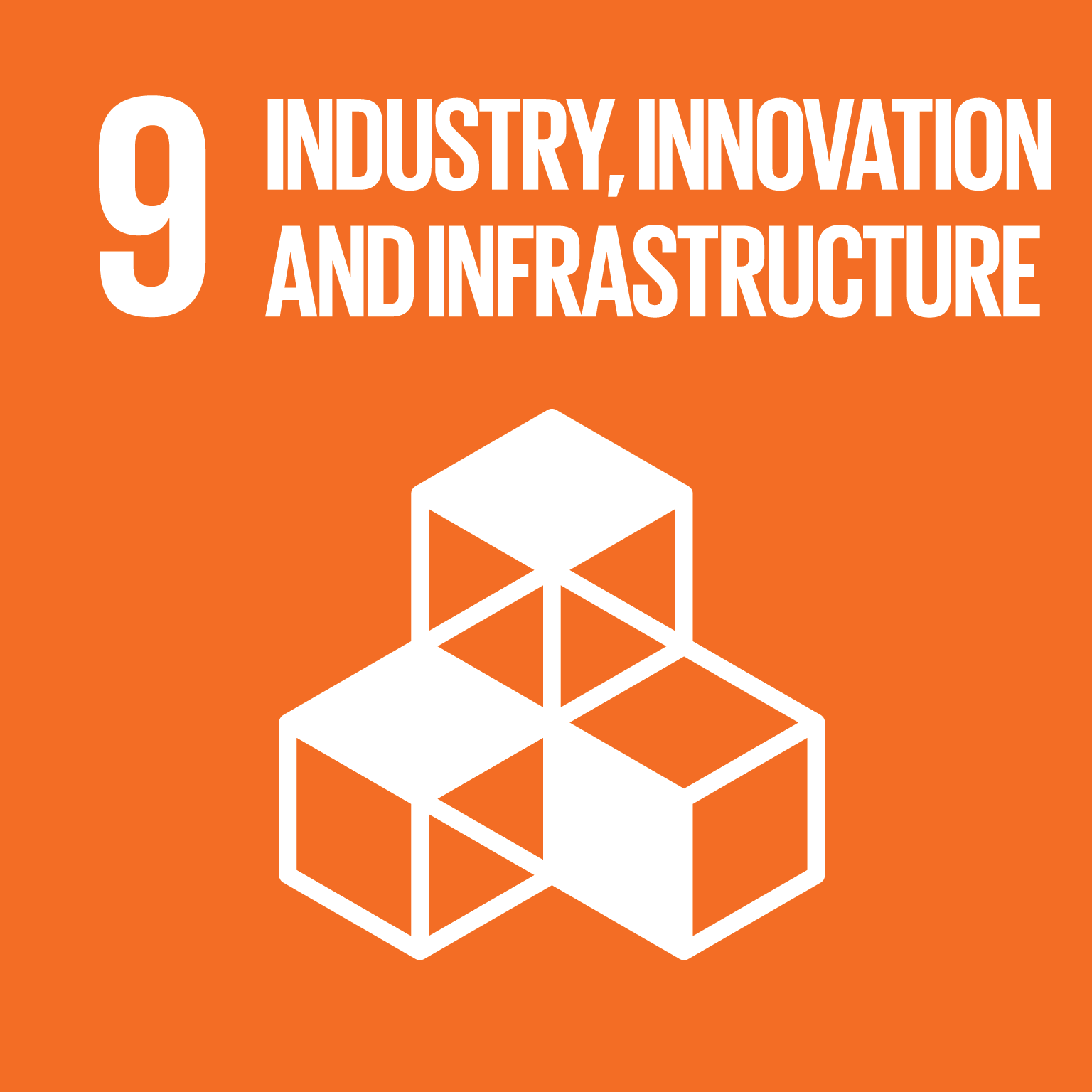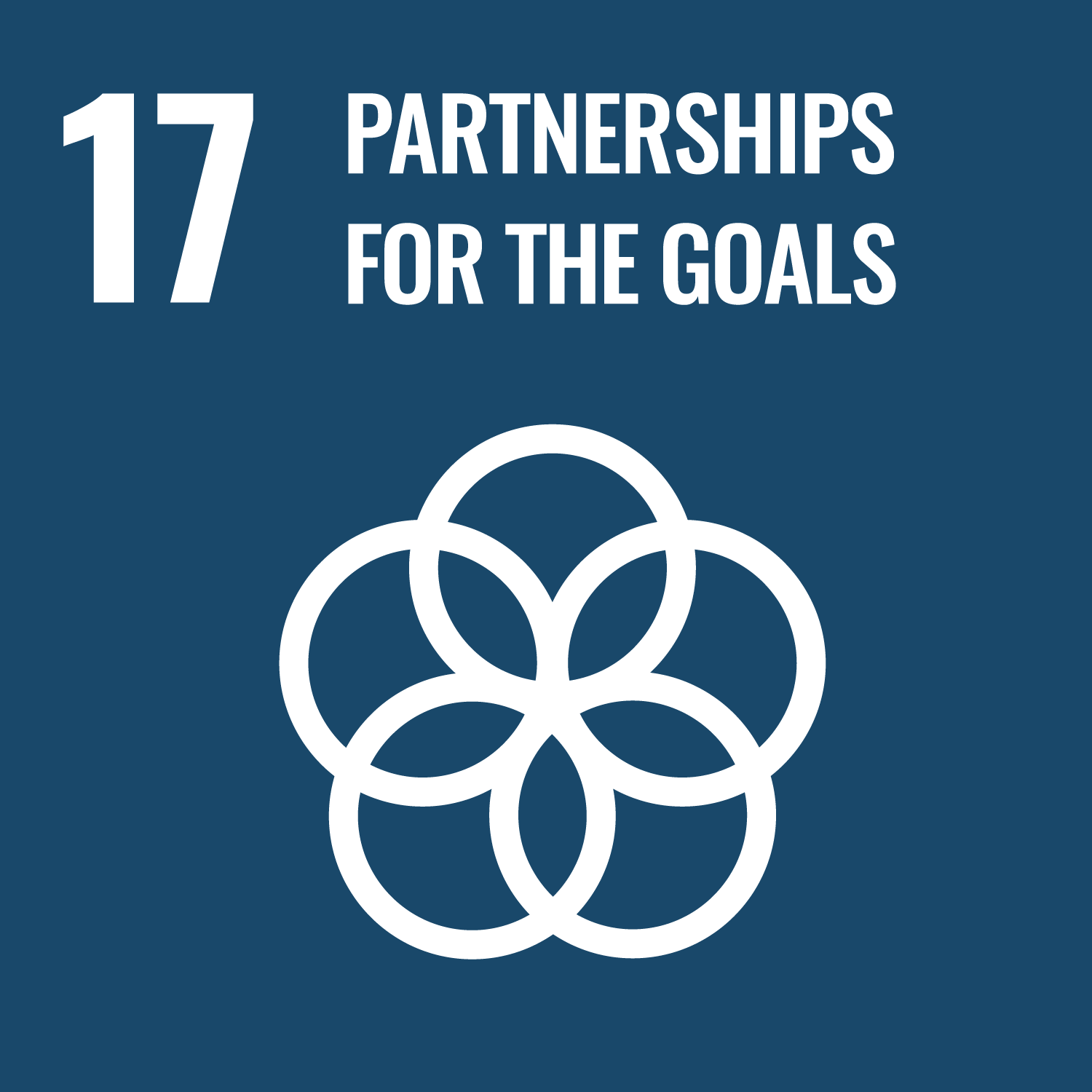The declining interest in Science, Technology, Engineering & Mathematics (STEM) among students is a global concern threatening national competitiveness. This dwindling enthusiasm, often linked to a perceived lack of excitement in traditional methods, is what the *Toying with Science* project was designed to overcome.
A team of UM students and lecturers innovatively co-developed science annotated learning modules using everyday toys (packaged as a Science Kit). These kits promote design thinking and provide students with excellent experiential learning opportunities to see physics and science concepts in total action in an integrated approach. The project engaged six schools, 11 teachers, and 198 pupils.
Crucially, Toying with Science offers a frugal educational resource, serving as a vital supplement or alternative to expensive, standardized laboratory equipment. This approach not only boosts STEM engagement but also helps students assimilate essential transferable skills such as perseverance, critical thinking, creativity, and teamwork, measured through post-activity quizzes and questionnaires.
Visual highlights from the Toying with Science workshops and activities.






SDG 4: Quality Education

SDG 9: Industry, Innovation and Infrastructure

SDG 17: Partnerships for the Goals
Last Update: 10/10/2025